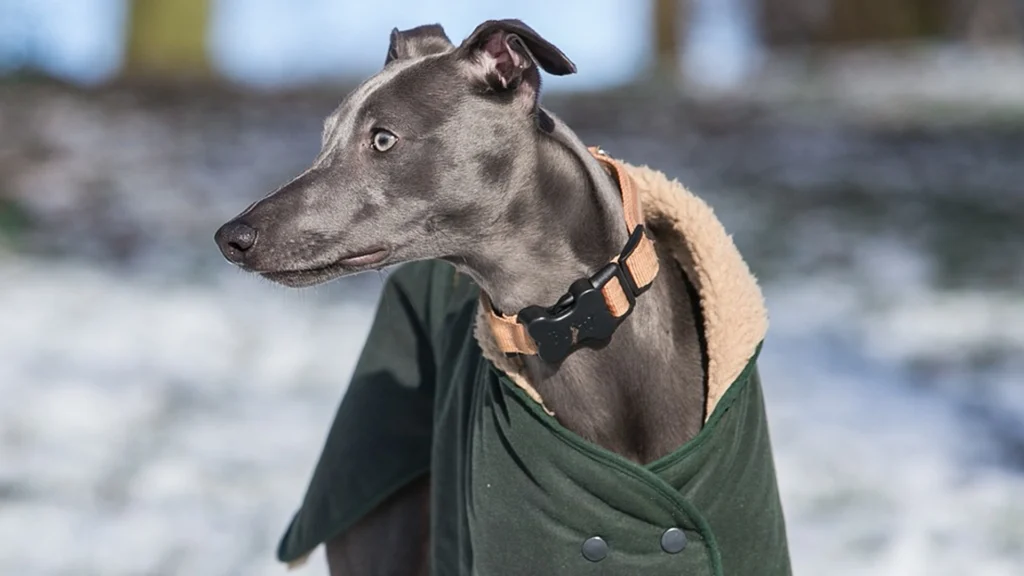The Miscellaneous Class: A Step Toward Full AKC Recognition
The Miscellaneous Class serves as a transitional phase for dog breeds working toward full American Kennel Club (AKC) recognition. This class plays a vital role in the progression of breeds from the Foundation Stock Service (FSS) to becoming fully recognized AKC breeds. By participating in conformation events, these dogs gain exposure and demonstrate adherence to their breed standards, paving the way for their eventual recognition.
Purpose and Role of the Miscellaneous Class
The AKC created the Miscellaneous Class to provide a structured pathway for breeds that are in the process of meeting the requirements for full recognition. This class allows breeds to participate in AKC events and gain visibility among breeders, judges, and the public. Through these events, the breeds can showcase their unique characteristics, conform to established standards, and build a documented record of their development.
Participation in Conformation Events
Conformation events are crucial for breeds in the Miscellaneous Class. These events assess how well individual dogs conform to their breed standards, which include specific criteria for appearance, movement, and temperament. Judges evaluate the dogs against these standards, providing valuable feedback to breeders and contributing to the breed’s overall development and refinement.
Pathway to Full Recognition
Breeds in the Miscellaneous Class are on a defined path toward full AKC recognition. This journey involves several key steps:
Enrollment in the Foundation Stock Service (FSS): Breeds must first be enrolled in the FSS, a record-keeping program that documents the pedigrees of purebred dogs not yet eligible for full AKC registration.
Participation in Miscellaneous Class Events: By competing in conformation events, breeds gain exposure and demonstrate adherence to breed standards. This participation helps build a track record of the breed’s qualities and capabilities.
Establishment of a Breed Club: A national breed club must be formed to promote and support the breed. This club plays a crucial role in organizing events, educating the public, and working with the AKC to advance the breed’s recognition.
Growth in Breed Population: The breed must show a stable and growing population, with sufficient numbers to sustain future generations and maintain genetic diversity.
Adherence to Breed Standards: The breed must consistently meet the AKC’s breed standards, as demonstrated through conformation events and other evaluations.
Benefits of Full Recognition
Achieving full recognition by the AKC brings numerous benefits to a breed. Fully recognized breeds can compete for championship points in conformation shows, which enhances their visibility and popularity. Recognition also provides breeders with greater access to resources and support from the AKC, including health testing programs, educational materials, and breeder referrals. Additionally, it helps ensure that the breed is preserved and promoted in a responsible and sustainable manner.
Examples of Breeds in the Miscellaneous Class
Several breeds have successfully transitioned from the Miscellaneous Class to full AKC recognition, highlighting the effectiveness of this pathway. Examples include:
The Azawakh: This sighthound from West Africa was enrolled in the Miscellaneous Class before achieving full recognition in 2019.
The American Hairless Terrier: Initially part of the Miscellaneous Class, this breed gained full recognition in 2016.
These success stories illustrate how the Miscellaneous Class facilitates the development and recognition of diverse and unique breeds.
Conclusion
The Miscellaneous Class is an essential component of the AKC’s commitment to preserving and promoting purebred dog breeds. By providing a structured pathway for breeds to gain exposure, demonstrate their qualities, and work toward full recognition, the Miscellaneous Class ensures that new and emerging breeds have the opportunity to thrive. As breeds progress through this transitional phase, they contribute to the rich diversity and heritage of the dog world, ultimately achieving the recognition they deserve.
No results available


Finding a Friendly, Local Veterinarian has never been easier. LocalVeterinarians.com makes it simple to find Local Veterinarians, Veterinary Clinics, Doctors, Emergency Vets, Animal Hospitals and Pet Care Health Services. Search by location and see detailed information about each Local Veterinarian, including their services, website link, and contact information.
Click to Ask Anything!